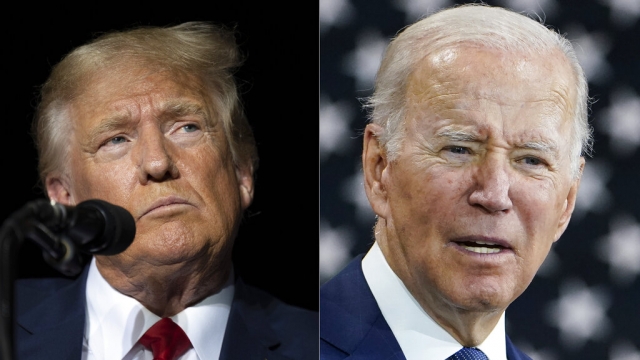House Republicans will hold the first official hearing tied to their impeachment investigation into President Joe Biden on Sept. 28. If this feels like "Groundhog Day" to you, you’re not alone, as this could result in the third presidential impeachment in just four years.
Experts and some lawmakers have said impeachments should be rare, but that hasn't been the case in recent years. While the Constitution sets the bar for impeachment at "high crimes and misdemeanors," it isn't defined further anywhere else in the document.
"I think the founders left this deliberately to a political process," said Alan Morrison, associate dean of George Washington University Law School. "The idea was that when it's concluded that it's no longer a good idea for a person serving in federal office to remain in office, they should be removed."
SEE MORE: Impeachment has a long history as a partisan process
In reality, it's up to the 435 members of the House of Representatives to determine what qualifies for impeachment, and the so-called "old rules" no longer seem to apply.
"The old rules had to have plenty of very solid evidence of wrongdoing on the part of a president before you could begin an impeachment inquiry," Morrison added.
So what could roll back the impeachment clock? History shows that would take strong leaders willing to resist calls for impeachment from within their own party.
"We're living in a time of really high partisanship, where the two parties are very competitive," said Michael Thorning, director of structural democracy at the Bipartisan Policy Center. "And almost all of their decision making is influenced by trying to gain an advantage in the next election. One scholar has dubbed this the age of impeachment."
Trending stories at Scrippsnews.com



